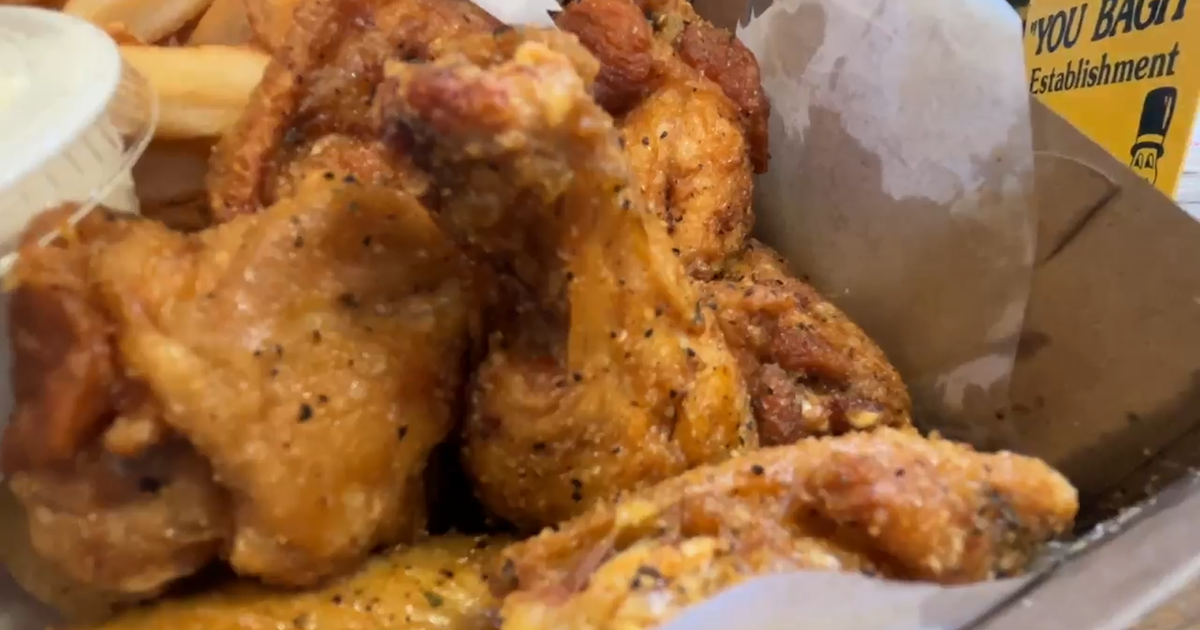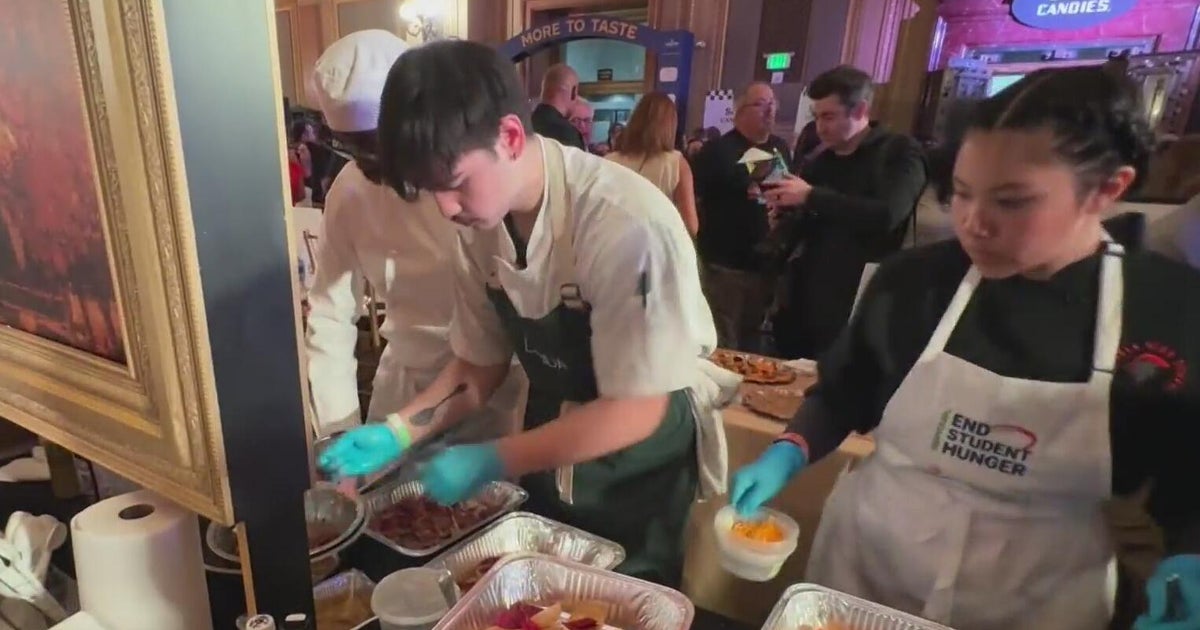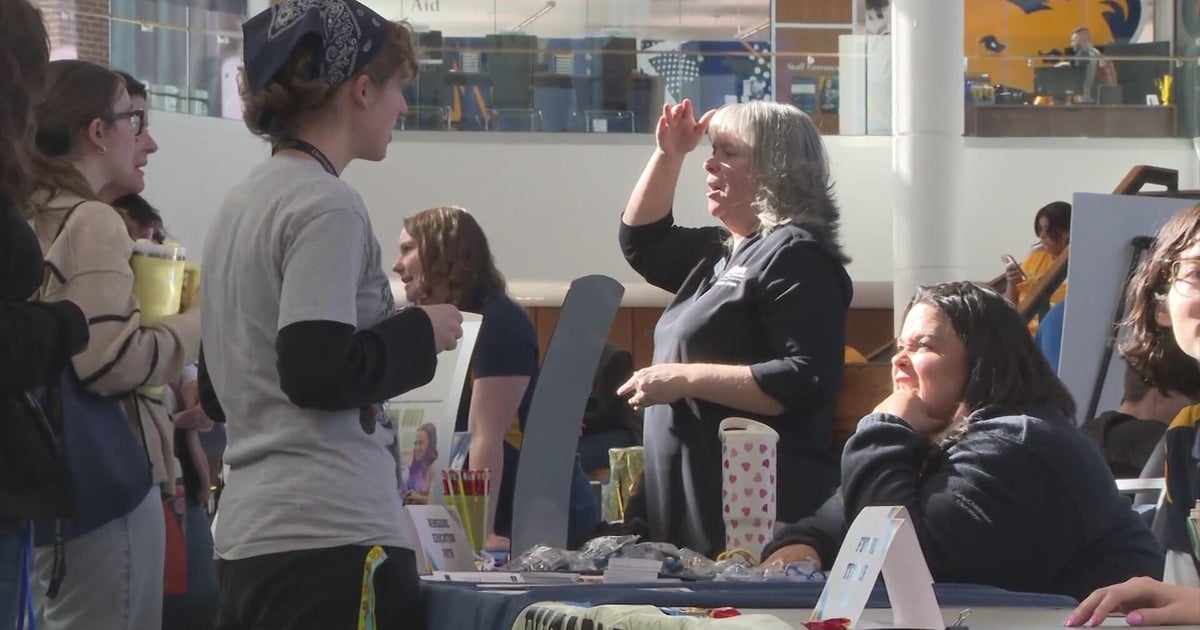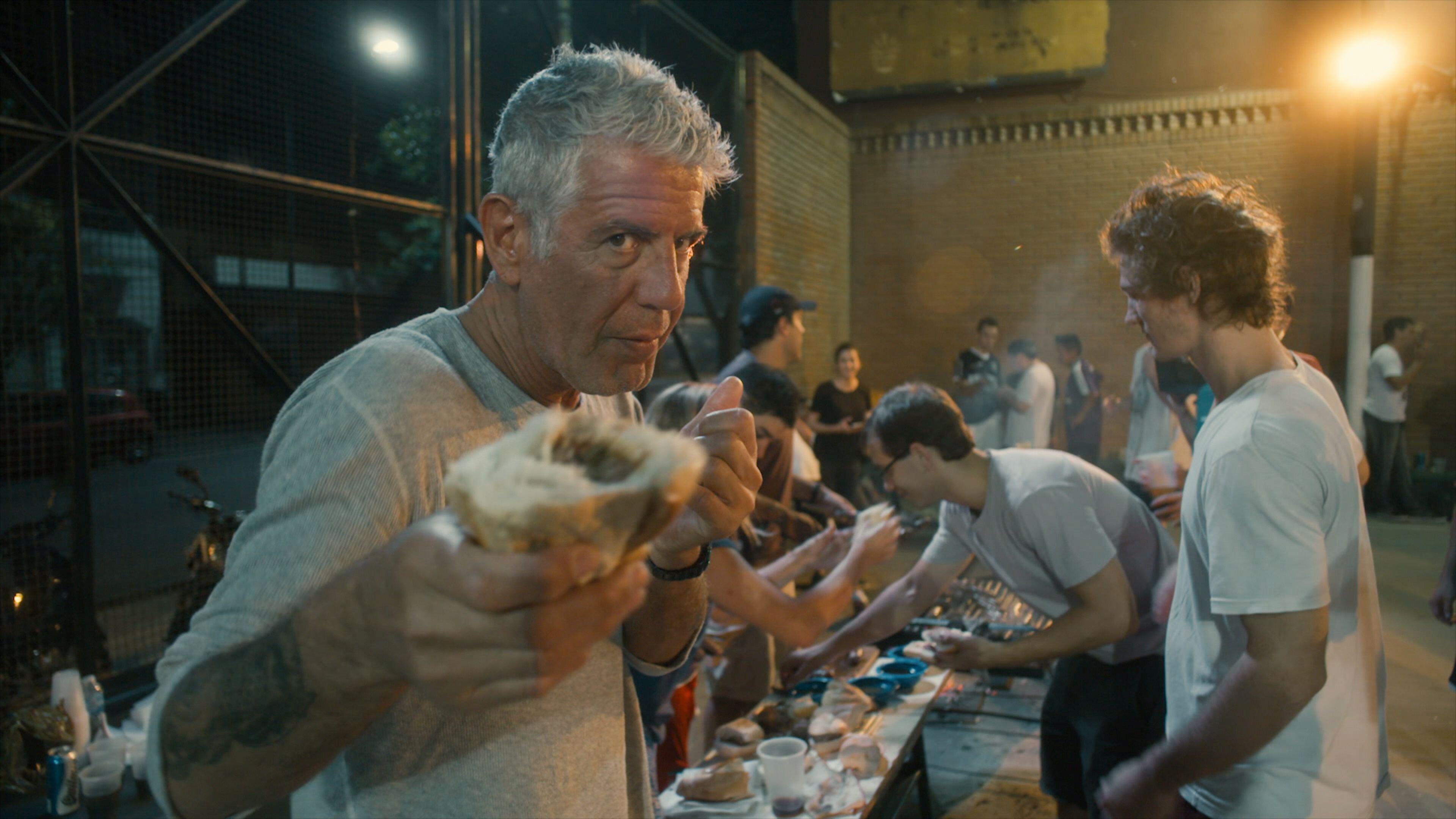Anthony Bourdain used food to explore serious issues
Anthony Bourdain, the celebrity chef turned food evangelist who died Friday, had a profound impact on America's food culture. And even before he became a television star, he had displayed a gift for elevating the experience of eating while irreverently knocking down the white-tablecloth pretensions that surrounded fine dining.
Bourdain, whose early career was spent working in kitchens across Manhattan, shot to stardom after his memoir, "Kitchen Confidential: Adventures in the Culinary Underbelly" became a best-seller. The book stayed at No. 1 on the New York Times best-seller list for nearly a year.
Soon after, Bourdain left his post at the helm of Brasserie Les Halles to become a TV ambassador to global eating, and spent the next 15 years producing a series of shows that combined travel and culinary adventure. Bourdain also wrote prolifically, launched a series of travel guides and supported younger chefs through his imprint, Anthony Bourdain Books.
"He definitely made food media much more mainstream," Chowhound director Carleigh Connelly told CBSN.
Celebrity chefs are not new, but Bourdain broke the mold in significant ways. Here are three ways his legacy stands out.
He brought the "back of the house" to the front
When Bourdain published "Kitchen Confidential," he had spent most of his career working the dishwasher and the kitchen line in Manhattan restaurants, and he aimed to write something that his colleagues in the kitchen would enjoy.
"What I set out to do was write a book that my fellow cooks would find entertaining and true," he wrote in the latest edition of the book.
So where other food writers might focus on ingredients or cooking technique, Bourdain provided a lens on the less glamorous side of the business.
"As most of us in the restaurant business know, there is a powerful strain of criminality in the industry, ranging from the dope-dealing busboy with beeper and cell phone to the restaurant owner who has two sets of accounting books," he wrote in a 1999 New Yorker article that became a precursor to his book.
His story, which included descriptions of struggles with drugs and the chaotic and often abusive environment found in restaurants, became an unlikely hit. (One of his best-known tips, which Bourdain once joked would be on his tombstone, was to never order fish on a Monday.)
He exposed Americans to unfamiliar foods and places
Bourdain approached food with a sense of adventure, describing the experience of eating an oyster at age 10 that he says opened him up to new possibilities. As a TV personality, he used his platform to highlight the power of food to bring people together—a theme he would explore in a number of food shows he hosted over the past decade and a half.
First it was "A Cook's Tour" on the Food Network from 2000 to 2003. That show became "Anthony Bourdain: No Reservations" and ran on the Food Network for nine seasons. Bourdain then launched "Parts Unknown" on CNN -- the show began in 2013 and has continued filming.
While "Parts Unknown" was supposedly about food, Bourdain used it to address political and social issues. He filmed in Beirut, Lebanon, during a war; went to Iran, Cuba, Congo and Syria; and documented the heroin epidemic in Massachusetts. Always, he treated the people he met with empathy and respect.
"You could see him evolving that particular brand of food media, where it's social justice and awareness and class analysis and politics, as well as conflict resolution," said Michael Twitty, an author and food historian. "I certainly believe that in the near future, similar approaches will emerge, because he laid down fertile ground."
His cachet was such that when Barack Obama visited Vietnam in 2016, he made an appearance on Bourdain's show -- at the White House's request. Mr. Obama memorialized Bourdain on Friday with a picture of the encounter:
He had a sense of social justice
In an industry that relies on a base of low-paid immigrant workers, Bourdain was a vocal advocate for immigrants' rights. He spoke openly about the role of undocumented immigrants in the industry, sometimes going head-to-head with major institutions.
During the James Beard Foundation Awards in 2012, he trolled the organization on Twitter for their lack of recognition of Latinos. "Let's play a game. Count the Mexicans at the #jbfawards one.....two.....uh....." read the tweet that opened a floodgate of criticism.
More recently, Bourdain also took aim at President Donald Trump's immigration platform, saying that "every restaurant in America would shut down" if immigration laws were enforced.
In his later years, Bourdain also acknowledged the prevalence of sexual harassment in the food industry and became a prominent voice in the MeToo movement. In a speech last year to graduates of the Culinary Institute of America, he expressed remorse for his book's role in encouraging "meathead" behavior, and called on new chefs to stand up against abuse and toxic work culture.
"He was fully aware of his white male privilege. He didn't shy away from it or not talk about it -- he embraced it," Twitty said. "He talked about how problematic he was as a person. That's what made him feel a lot less precious."



